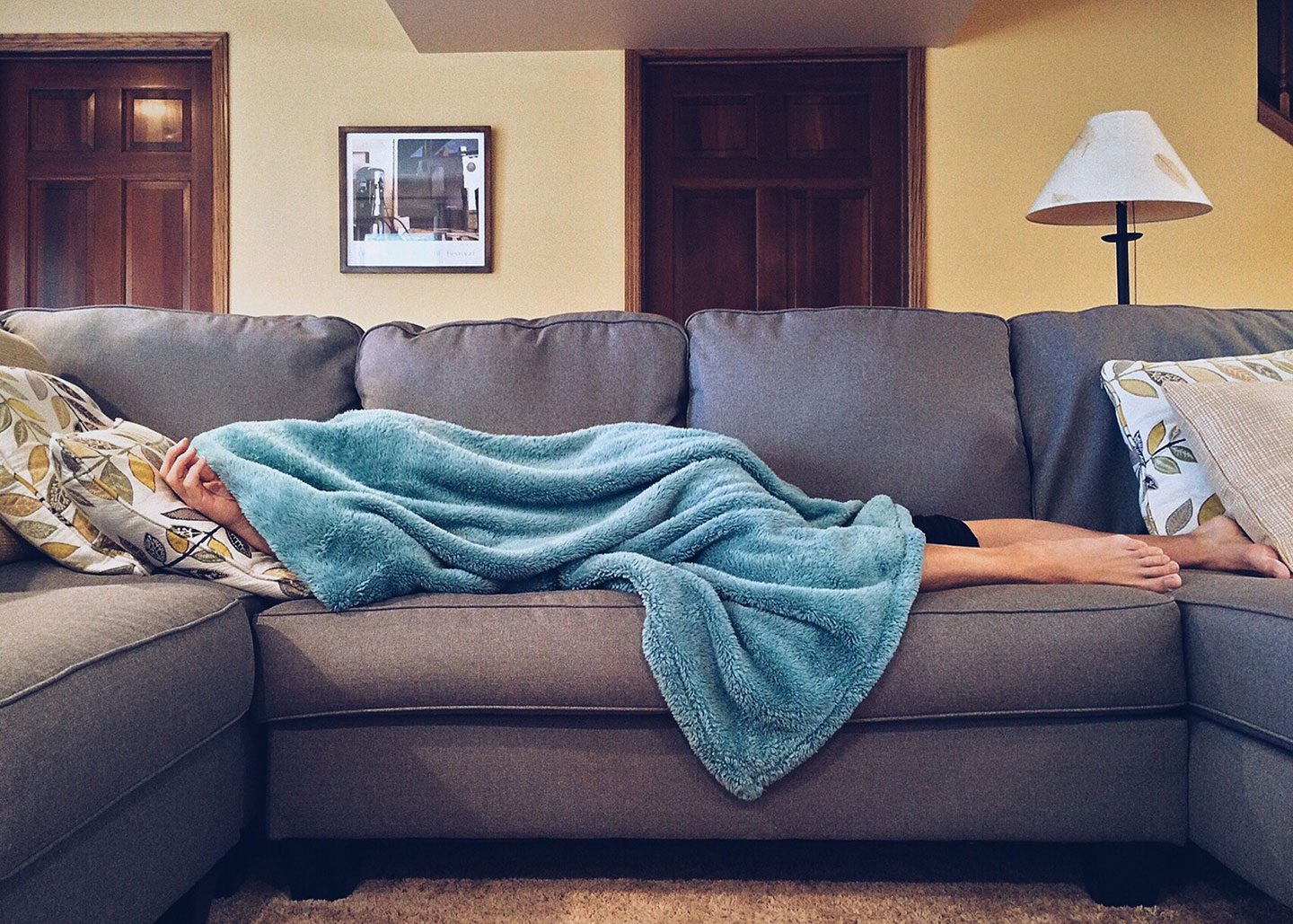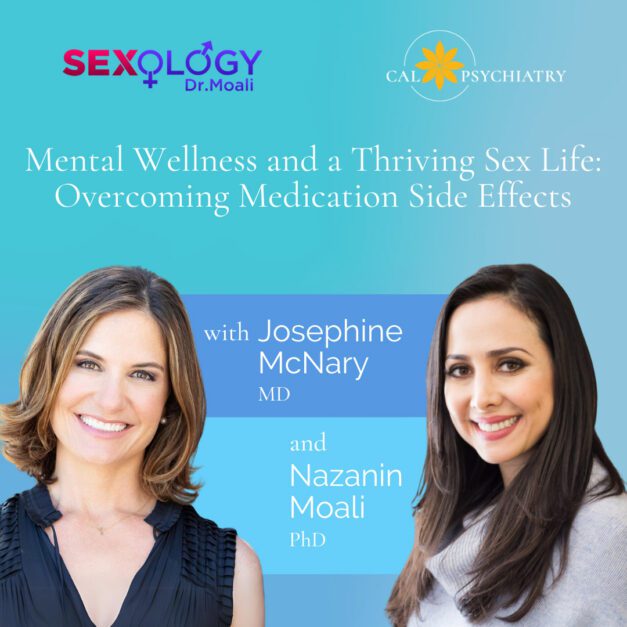We’ve always known that too little sleep can be harmful for our physical and mental health, but is it possible that too much sleep could be just as harmful for us? Turns out, it can. Excessive sleep (also known as hypersomnia) can be linked to depression, as well as cardiac and metabolic issues (such as diabetes).
Sleeping too little seems to be the norm these days. With so much to do, how many people get a good night’s sleep and wake up feeling rested each day?! It can seem almost impossible! However, some people actually experience the opposite problem: sleeping too much.
The American Academy of Sleep Medicine recommends 7-9 hours as being optimal for most people. Some people may need slightly less or slightly more than this cutoff, but for most of us, we will fall in the 7-9 hour range. “Hypersomnia” is the medical term used to describe sleeping too much or excessive daytime sleepiness, and this can be associated with a variety of physical and mental problems.
Just like too little sleep, hypersomnia has been found to be correlated with higher risk of cardiac problems, obesity, and diabetes. It can also be the harbinger of depression or a sign that depression is worsening. In fact, a subtype of depression known by psychiatrists as “atypical depression” has hypersomnia as one of the cardinal features (in addition to overeating and more irritable mood).
Making things even more tricky is that 27% of people with depression were shown to have fluctuations in their sleep patterns—oscillating between periods of insomnia and hypersomnia. These people were found to have more severe depression, more suicide attempts, and more substance use issues.
This information truly underscores the importance of sleep to physical and mental health. More may not always be more when it comes to sleep! If you are struggling with too much sleep on a regular basis, it’s a good idea to check in with your doctor/psychiatrist for an evaluation of what could be going on.
CalPsychiatry has physicians that can help you get to the root of your sleep issues. Our physicians are well-versed in typical causes of hypersomnia/insomnia and can help you take the next steps to getting those precious z’s.





